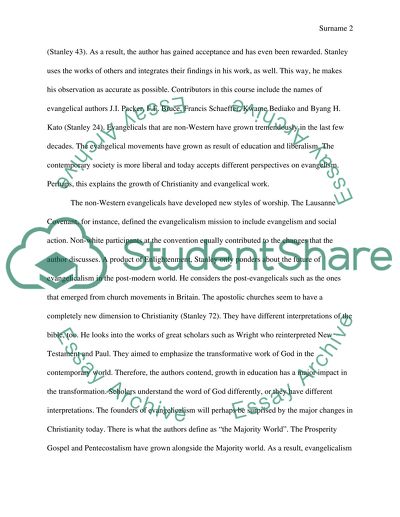Cite this document
(“Book Review Report/ Example | Topics and Well Written Essays - 1500 words - 4”, n.d.)
Book Review Report/ Example | Topics and Well Written Essays - 1500 words - 4. Retrieved from https://studentshare.org/religion-and-theology/1641795-book-review
Book Review Report/ Example | Topics and Well Written Essays - 1500 words - 4. Retrieved from https://studentshare.org/religion-and-theology/1641795-book-review
(Book Review Report/ Example | Topics and Well Written Essays - 1500 Words - 4)
Book Review Report/ Example | Topics and Well Written Essays - 1500 Words - 4. https://studentshare.org/religion-and-theology/1641795-book-review.
Book Review Report/ Example | Topics and Well Written Essays - 1500 Words - 4. https://studentshare.org/religion-and-theology/1641795-book-review.
“Book Review Report/ Example | Topics and Well Written Essays - 1500 Words - 4”, n.d. https://studentshare.org/religion-and-theology/1641795-book-review.


